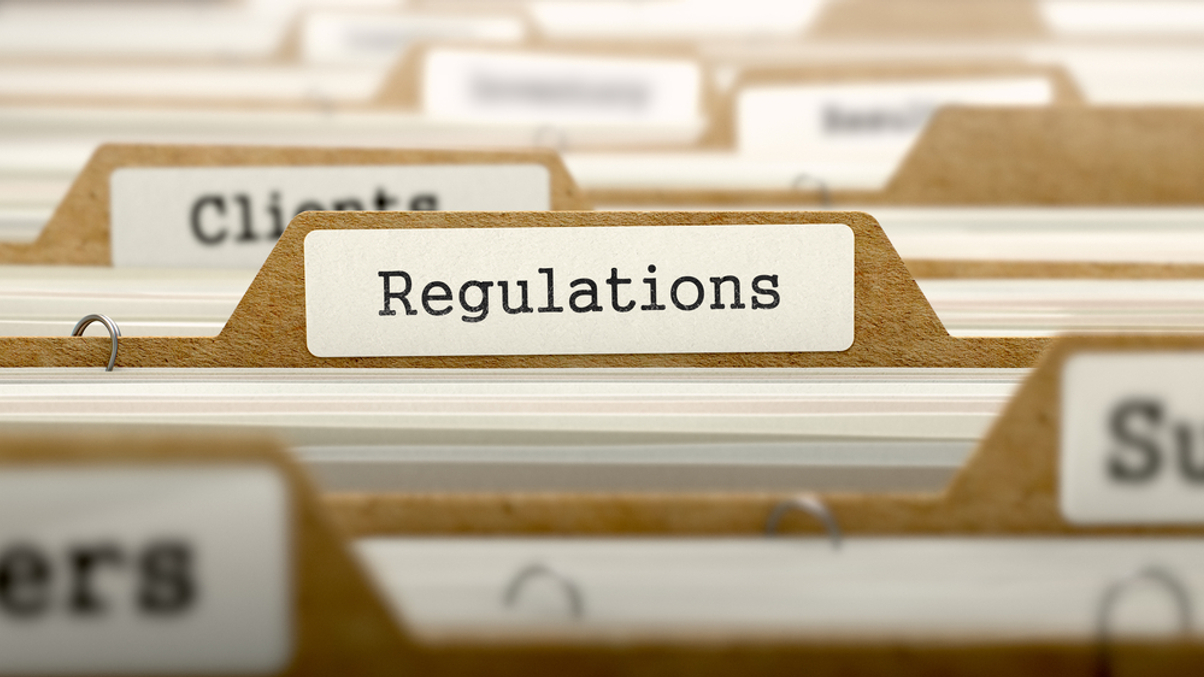Australian super funds step up scrutiny of unlisted assets
The industry is tightening both internal and external valuation procedures for unlisted assets, right on the heels of new regulatory guidance.

Following the establishment of new guidelines from the Australian Prudential Regulation Authority (APRA), Australian superannuation funds are shifting to more frequent valuations of the A$650 billion ($418 billion) of unlisted assets that they hold, as well as emphasising the quality of internal valuation procedures.
Sign in to read on!
Registered users get 2 free articles in 30 days.
Subscribers have full unlimited access to AsianInvestor
Not signed up? New users get 2 free articles per month, plus a 7-day unlimited free trial.
¬ Haymarket Media Limited. All rights reserved.


